
This week's top COVID-19 headlines.

This week's top COVID-19 headlines.

Trupanion reports no increase in respiratory-related pet insurance claims.

A dive into the mindset of your millennial clients reveals their philosophies about pet ownership, their interest in pet health insurance, and how to communicate with this group in ways that are meaningful to them.
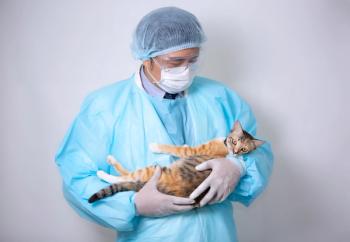
The extensive guidance, which is adaptable by state and local health departments as needed, revolves around infection prevention and control in veterinary practices during the pandemic.

Pet owners are largely enjoying the curbside service they're currently receiving at veterinary practices. Here's why, plus a look at strategies to implement now and after the COVID-19 crisis ends.
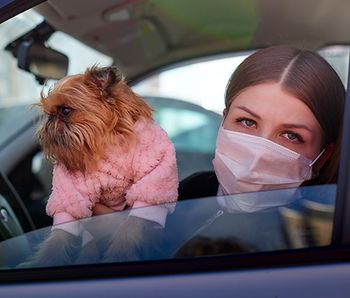
How are your veterinary clients coping with all the major changes your practice has implemented in the face of COVID-19? One practice team shares their experience.
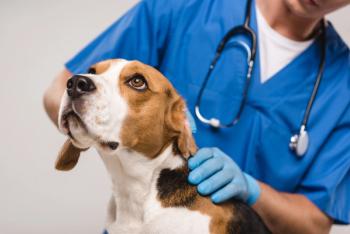
Idexx Laboratories has made its SARS-CoV-2 (COVID-19) RealPCR Test available in response to requests from veterinarians as well as clinical evidence that animals can—rarely—become infected with the novel coronavirus.

Two veterinary technicians offer advice to fellow technicians who are looking for their next great job.

Check out some of the latest veterinary research and more in this week's news highlights.

Experts agree that in the face of the COVID-19 pandemic, veterinarians need technology in their practices today more than ever. Whether you're a technology novice or an expert, there's always more to learn.
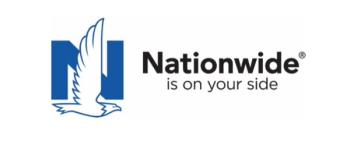
After a 16-year stint, including the past 13 years as chief veterinary officer, Dr. Carol McConnell has retired from Nationwide. Dr. Jules Benson assumed her position earlier this month.

Are you remaining optimistic about the future of veterinary practice? This ongoing COVID-19 conversation offers tips for combatting depression and burnout right now, and planning for the future.
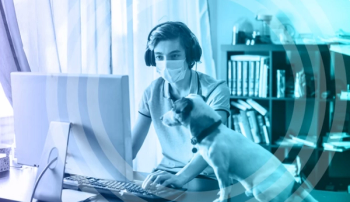
This free CE webinar will illuminate best practices for the use of technology, including telemedicine, during the COVID-19 pandemic and beyond.

Ongoing monitoring of samples submitted to the company underscores current evidence that pet dogs and cats are unlikely to become infected with the novel coronavirus.

What does "normal" look like in a 33,000-square-foot emergency and specialty veterinary hospital during the COVID-19 pandemic?

The association shared with its global veterinary audience news of the first animal in the United States to test positive for the virus, plus preliminary international research on transmission and treatment.

More on the essential work veterinary practices are doing right now and the key role they play in slowing the spread of the virus.

Take a listen as veterinary experts detail how COVID-19 is impacting the veterinary profession—and what the future may hold.

From location to soil to utilities, here are the fundamentals for finding that perfect site to build or lease your veterinary hospital space.

Want to be in the know? Check out the veterinary news highlights from this week.
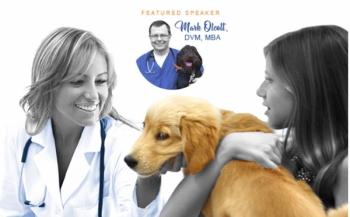
A free CE webinar presented by Vetsymposium and sponsored by VitusVet.

If you’ve got big dreams of building a practice of your own from the ground up, take it from the winner of the dvm360 Hospital Design Competition in the “less than 8,000 square feet” category: It can happen for you.

Several readers wrote to share their opinions about recent articles in dvm360. Here are three of them.
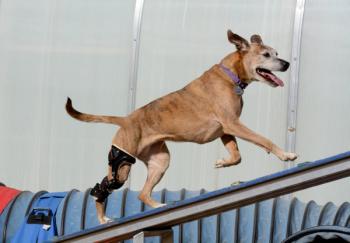
Solid communication between surgeons and rehabilitation specialists is the key to successful outcomes for orthopedic surgery patients.

A symptomatic cat in Belgium has tested positive for the novel coronavirus, but experts reiterate that there is no proof that animals can transmit the disease.

The agency is temporarily suspending enforcement of certain aspects of the federal veterinarian-client-patient relationship (VCPR) requirements, but state requirements remain in force.

A look at veterinary news highlights from this week.

Veterinarians and medical professionals should conserve personal protective equipment (PPE) until supplies become more readily available.
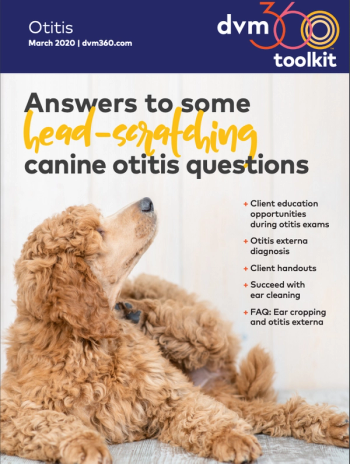
Use these expert tips and tools to hone your otitis diagnosis and treatment skills, and make it as easy as possible to educate pet owners about this painful and annoying condition. (With an educational grant provided by Bayer)

Using One Health as a driving philosophy, leadership from the Association for Animal Welfare Advancement, WSAVA, shelter medicine, and MightyVet are participating in the webinar, which will address considerations for those impacted by COVID-19 who care for pets.